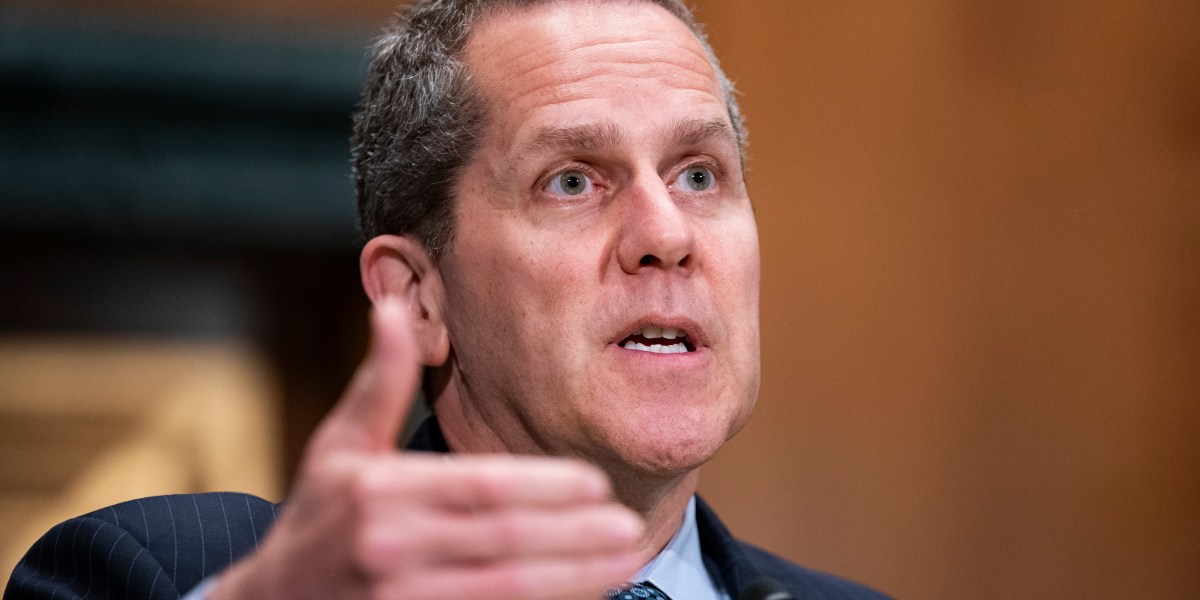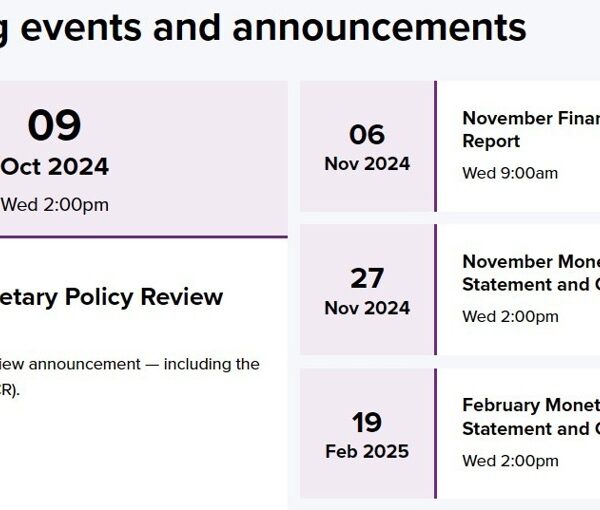

The Federal Reserve Board’s vice-chair of supervision, Michael Barr, today unveiled sweeping changes to a proposed increase in the amount of capital banks must hold to protect them in the event of a meltdown. He slashed requirements of giant banks by half, and completely removed medium-sized banks, those with assets between $100 million and $250 million from the requirements.
The initial proposal unveiled last year would have increased capital requirements of the largest U.S. lenders by 19%—money that would otherwise be available to invest in other projects or loaned out to businesses and individuals. The new proposal still increases the requirement, but only by nine percent. The Consumer Financial Protection Bureau mandated by the U.S. government to protect bank users declined to comment.
The proposed changes are part of the so-called Basel III endgame, a global regulatory plan that includes measures to forestall a repeat of the 2008 banking crisis. The changes relate to the capital surcharge for global systemically important banks, including JP Morgan, Bank of America and Citigroup, and addresses broad objections and legal threats that following the initial proposal last year.
“We continue to consider comments already received on the 2023 proposal, and we will consider those comments together with any comments submitted on the re-proposals as part of any final rulemakings,” said Barr, speaking at the Brookings Institution in Washington, D.C. “This is an interim step.”
The newly proposed 9% capital requirement increase would apply to global systemically important banks (G-SIBs) with more than $250 billion. While the new plan exempts medium-sized banks from the surcharge, it does require them to include unrealized gains and losses on their securities in regulatory capital. Barr estimates that would amount to a 3% to 4% increase in capital requirements for those banks. The smallest banks would only see their capital requirements increase by 0.5%.
Even as Barr was giving his remarks, Daniel Pinto, the president and COO of JP Morgan was addressing a crowd of bankers at the Barclays Global Financial Services Conference about the possible changes. He warned the audience that while any reduction is “good,” how the reduction is achieved matters. “It’s not just the overall number, it’s the composition of it, and we have no idea yet what the composition is.”
Rob Nichols, the CEO of the American Bankers Association representing U.S. banks “welcomed” the re-proposals in a statement provided to Fortune, but warned that any capital increase, even just 9%, “will carry a cost for the economy…We strongly urge regulators to show their work and demonstrate that they have carefully analyzed the impact of any proposed capital increases.”
Though it would be up to the Fed and other U.S. regulators to implement the Basel III Endgame regulations in the States, the regulations are being co-developed by 45 Bank of International Settlements members, including central banks and bank supervisors, and would amount to new rules of the road for how global banks interoperate.















